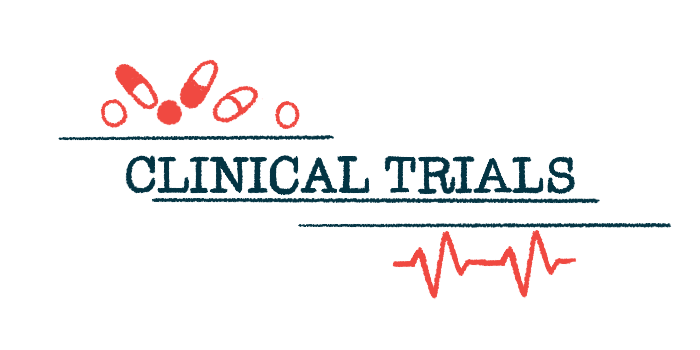Cereno seeks FDA green light for clinical trial testing CS1 for PAH
If cleared, global study of oral therapy would likely begin in first half of 2026

Cereno Scientific is seeking a green light from the U.S. Food and Drug Administration (FDA) to launch a global clinical trial testing its oral therapy CS1 — a repurposed drug now used for treating seizures — in people with pulmonary arterial hypertension (PAH).
In PAH, the company hopes the drug will improve quality of life and extend survival.
The developer has now submitted its planned protocol to the FDA and, if cleared, expects to begin the trial in the first half of 2026, following a standard 30-day review by the regulatory agency. The Phase 2b study aims to assess CS1 versus a placebo at sites worldwide, in collaboration with a leading international contract research organization (CRO).
The new submission follows Cereno’s Type C meeting with the agency, which gave the company an opportunity to discuss the planned study and seek the FDA’s feedback to ensure the trial design aligns with regulatory expectations before its formal submission.
“The submission of the protocol marks a major milestone and underscores the focus, commitment and outstanding collaboration across our team and global CRO,” Rahul Agrawal, MD, chief medical officer and head of research and development at Cereno, said in a company press release.
According to Agrawal, “this protocol has been developed in alignment with the FDA’s feedback from our recent Type C meeting, and we now look forward to the agency’s review ahead of initiating the trial.”
PAH is a type of pulmonary hypertension in which the arteries carrying blood from the heart to the lungs, known as the pulmonary arteries, become narrow and stiff. This restricts blood flow, raises pressure in the lungs, and forces the right side of the heart to work harder to pump blood. Over time, this strain can weaken the heart and lead to right heart failure.
The narrowing of the arteries in PAH is driven by pulmonary vascular remodeling, or structural changes in the walls of the lung’s blood vessels caused by abnormal cell growth, inflammation, and tissue scarring. Reversing these processes could help lower pulmonary artery pressure, reduce heart strain, and ease PAH symptoms.
CS1 is new formulation of compound used to treat seizures
CS1 is a new formulation of valproic acid, a compound long used to treat seizures. In PAH, the medication is intended to reverse the changes caused by remodeling through a process called epigenetic modulation. That process modulates gene activity without changing the DNA. It achieves this by targeting histone deacetylases (HDACs), a family of enzymes that suppress gene activity.
According to the company, the therapy has pressure-relieving, anti-inflammatory, and antiscarring properties. The ultimate goal, per the developer, is improved quality of life and extended survival for people living with PAH.
This milestone moves us closer to our goal of delivering a first-in-class therapy that targets the root mechanisms of PAH.
The Phase 2b trial builds on a now-completed Phase 2a clinical trial (NCT05224531) that tested CS1 in addition to standard of care in 25 adults with PAH. Participants received one of three oral doses — 480 mg, 960 mg, or 1,920 mg — of the therapy daily for 12 weeks, or about three months.
Top-line data released by the company last year showed that CS1 was safe and well tolerated, meeting the study’s main goal. Most participants showed stabilization or improvement in key measures linked to disease severity and mortality risk in PAH. About two-thirds also experienced sustained reductions in pulmonary artery pressure, suggesting potential benefits for heart and lung function.
Long-term data on CS1’s safety and effectiveness are now being collected through an expanded access program (NCT06321705), which allows participants from the Phase 2a study to continue receiving the medication under clinical supervision.
The planned trial is designed to confirm the clinical effects of CS1 observed in the earlier study.
“This milestone moves us closer to our goal of delivering a first-in-class therapy that targets the root mechanisms of PAH through epigenetic modulation,” said Sten R. Sörensen, Cereno’s CEO. “With CS1, we have an opportunity to potentially change the treatment paradigm for patients facing this devastating disease and, in doing so, create meaningful long-term benefits for both patients and shareholders.”
CS1 has been granted both fast track and orphan drug designations by the FDA. Such status is intended to support the development of treatments for serious and rare diseases with unmet medical needs. Orphan drug status offers incentives for developing treatments for rare conditions such as PAH, while fast track designation allows more frequent communication with the FDA and potential priority review, which can speed a therapy’s path to approval.








